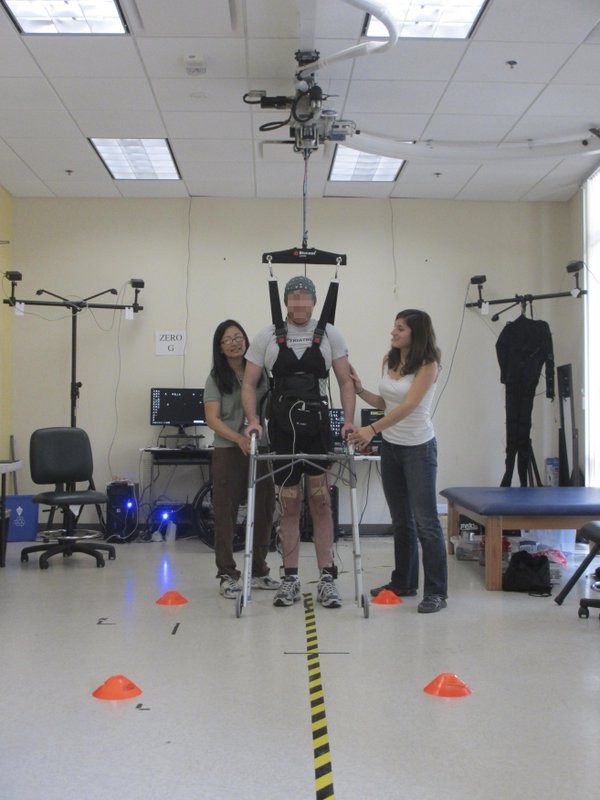A very surprising outcome from a robotic brain programme came out after eight paraplegic people were able to regain slight movement and sensation in their legs, even after being paralyzed for so long.
The programme involves a robotic apparatus controlling the legs of a paraplegic through the skull cap by manipulating the person's exoskeleton in certain ways. The researchers and scientists behind this innovation believe that the programme and treatment enables them to move by "waking up" the brain's power and control over nerves in the spine that have survived. The recovery of these patients have been posted and confirmed by Science Reports.
Paraplegic people are people who have been paralyzed below the waist after receiving damage and injury to their spinal cords, either from a fatal accident or a particular disease. Being paraplegic means the person has absolutely no control any part of their body as long as they are below the waist, which means movement and sensation are absent.
Eight people were involved as subjects for the rehabilitation treatment, all of which have been paralyzed for varying lengths, from three to 13 years. Their paralysis is the most resistant form when it comes to treatment since these cases are chronic, so the fact that researchers have succeeded in recovering the subjects' sensation and movement could very well mean that they are slowly yet surely inventing a total cure for paralysis.
"If you have been clinically diagnosed as having a complete lesion, and no signs of improvement show after 18 months, it means that there is zero chance for you to regain motor and sensory capabilities," BBC News quoted Miguel Nicolelis as saying, who leads the study in Brazil. Quite surprisingly, their discoveries were unlike they imagined, since there has been improvements among the subjects' muscle control whenever they underwent neurological tests in a three-month interval.
"Their sense of touch has also improved because they are slowly and gradually beginning to feel something whenever we touch them with a pin," said Nicolelis. Experts say that it was unclear where in the training programme the recovery comes from, but the rate was incredibly impressive because it has never been that fast before.



























